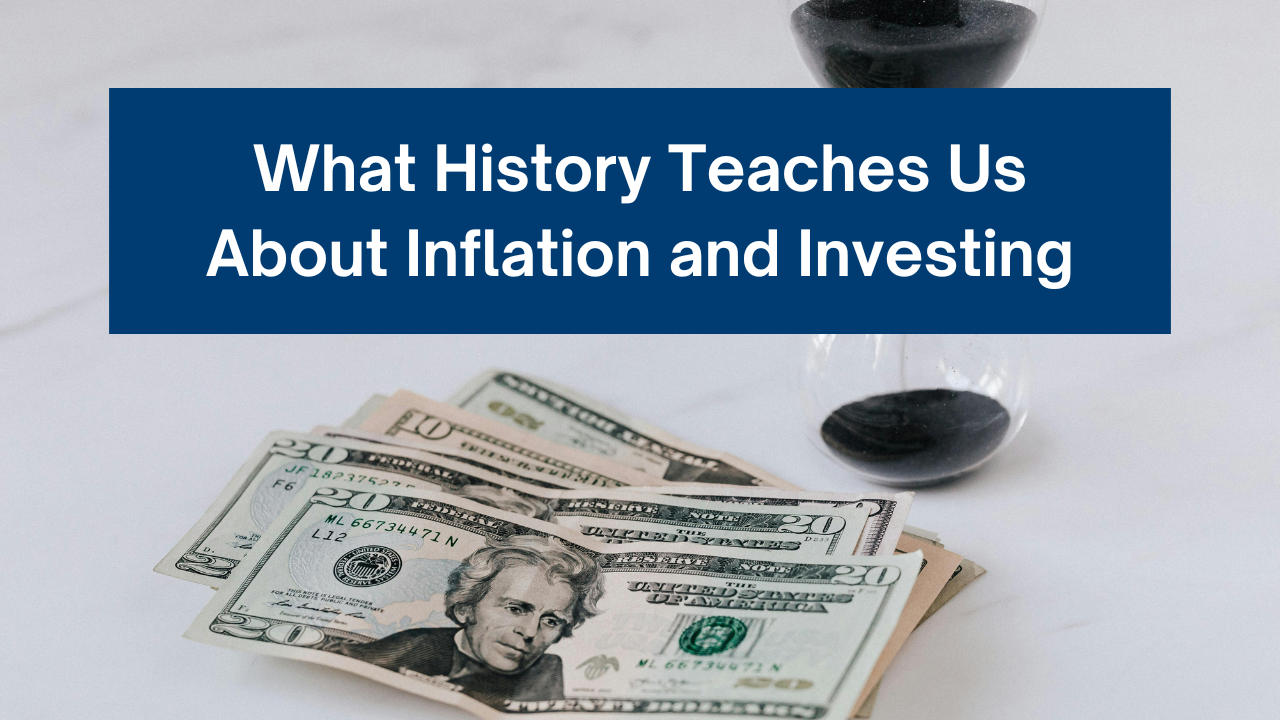What History Teaches Us About Inflation and Investing
For many investors, market downturns like those of 1929, 1973, or 2000 conjure different emotional memories. But surprisingly, the actual inflation-adjusted outcomes show a different picture than most would assume.
A new analysis from Professor Aswath Damodaran offers a stark visual comparison: if you had invested $10,000 in the S&P 500 during each of those three historic bear markets and held for 10 years, the results (adjusted for inflation) might defy your expectations:
What explains the difference?
It’s Not Just Timing. It’s Valuation and Inflation
While all three periods began with significant market stress, the inflation backdrop and starting market valuations played a decisive role in long-term outcomes.
In 1929, valuations were high, but the decade that followed was marked by deflation and high dividend yields. That unusual combination helped preserve real purchasing power despite the Great Depression.
In 1973, valuations were modest, but inflation surged. Prices more than doubled during the decade, eroding the real return on both stocks and bonds.
By 2000, investors faced the worst of both worlds: extreme equity valuations at the peak of the tech bubble and only modest inflation-adjusted returns due to weak dividend yields and lackluster price growth.
Together, these examples highlight a key investment principle. Headline returns can be misleading without considering inflation and the market environment at the start of an investment period.
What This Means for Retirement Planning
Periods of negative or near-zero real returns can dramatically impact retirement outcomes, particularly when they occur early in retirement. Sequence-of-return risk is amplified when inflation is high, and portfolio withdrawals are forced to work harder just to maintain purchasing power.
At Compass Wealth Management, we proactively model for these scenarios:
Inflation-aware planning: Our retirement projections include stress tests for high-inflation environments, allowing clients to see how long-term purchasing power could be affected.
Valuation discipline: While timing markets is never our goal, we are valuation-conscious in portfolio construction, recognizing that starting conditions often shape long-term results.
Final Thoughts
Bear markets are painful. But it is the combination of inflation and starting market valuations that often determines whether a recovery will rebuild real wealth or simply keep pace with rising costs. As the chart above shows, even the aftermath of the Great Depression ultimately preserved more purchasing power than the quieter but more inflationary environments of the 1970s and early 2000s.
For those mapping out years, if not decades, of future spending, planning for a range of outcomes can make a meaningful difference in long-term financial security.
Have questions or want to speak with our team directly? Contact us.
Robert Amato, CFP®, CIMA®
Principal
--------
This article may not be copied, reproduced, or distributed without Compass Wealth Management’s prior written consent.
Compass Wealth Management is a Registered Investment Advisor. Advisory services are only offered to clients or prospective clients where Compass Wealth Management and its representatives are properly licensed or exempt from licensure. This article is solely for informational purposes and is not intended to be relied on as a forecast, research, or investment advice, and is not a recommendation, offer, or solicitation to buy or sell any securities or to adopt any investment strategy. The opinions expressed may change as subsequent conditions vary. The information and opinions contained in this material are derived from proprietary and nonproprietary sources deemed by Compass Wealth Management to be reliable, are not necessarily all-inclusive, and are not guaranteed as to accuracy. Past performance is no guarantee of future results. There is no guarantee that any forecasts made will come to pass. Reliance upon information in this material is at the sole discretion of the reader. Investments involve risks.



